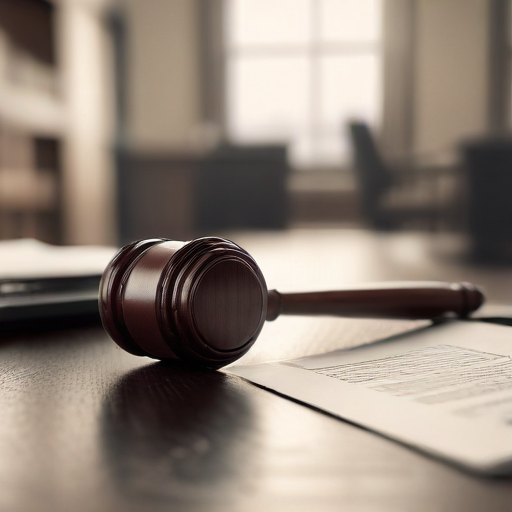A recent ruling from a federal appeals court confirmed the constitutionality of a law that mandates the Chinese parent company of TikTok, ByteDance, to sell the platform or face a ban in the United States. The decision, rendered by a three-judge panel from the D.C. Circuit Court of Appeals, supports bipartisan legislation signed into law by President Joe Biden in April due to concerns over national security and data privacy.
The court dismissed a challenge from TikTok, ByteDance, and several users who claimed the law infringed upon their First Amendment rights. It stated that while TikTok’s content involves free speech, the urgency to protect U.S. citizens from potential surveillance by the Chinese government was paramount. Senior Judge Douglas H. Ginsburg articulated that the government acted to safeguard the American people’s freedoms from a foreign threat.
With the ruling now in place, TikTok has the option to appeal to the full court or the U.S. Supreme Court. The law is scheduled to be enforced on January 19, just before the anticipated change in presidential administration.
Critics of the law, including Jacob Huebert, who is representing a plaintiff in the case, argue that this national security justification could set a dangerous precedent that may lead to broader restrictions on social media and online speech. He emphasized that regardless of one’s opinion about TikTok, the implications for free speech rights are concerning.
On the other hand, proponents of the law, including leaders from both major political parties, view the ruling as a win for American security interests. They contend that allowing TikTok to remain under Chinese control poses an ongoing risk to national security. Chairman John Moolenaar expressed optimism for a possible American takeover of TikTok to ensure its continued operation in the U.S. without foreign oversight.
In summary, the court’s decision signifies a significant moment in the governance of digital platforms, highlighting the balance between national security concerns and the right to free expression. As discussions surrounding the law progress, it remains to be seen how it will impact the future of social media regulation and American users’ rights.
This ruling underscores the ongoing emphasis on safeguarding national interests in the digital age while also raising vital discussions on the limits of governmental authority over free speech.
